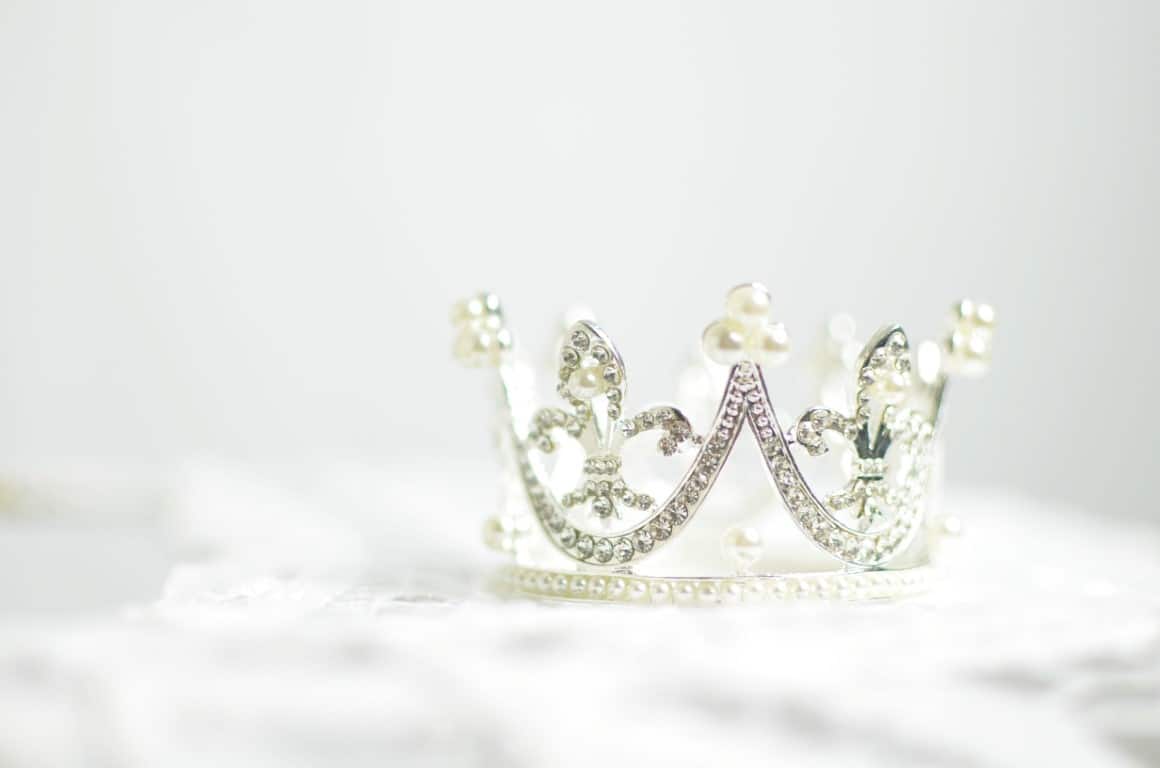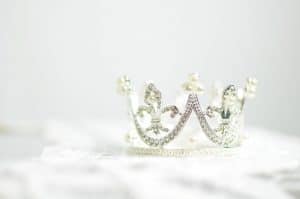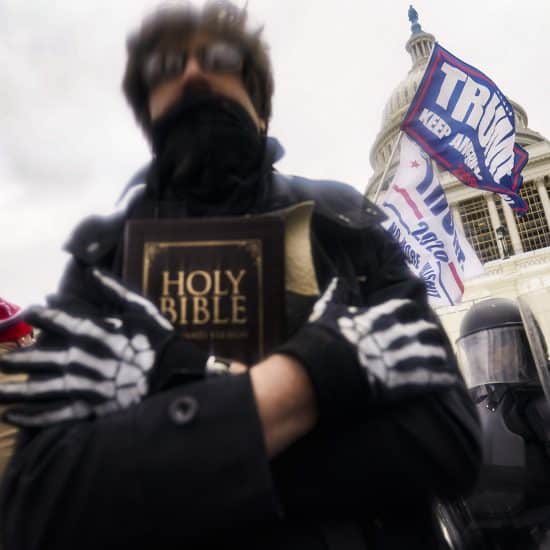
Tuesday (March 10) is an important Jewish holiday. Purim, which began at sunset Monday, celebrates the fifth century B.C.E. victory of the Jewish people in Persia thanks to the boldness of Queen Esther. Purim has been celebrated by Jews around the world from that time until the present.
Who Was Esther?

Unsplash
Hadassah was a Jewish girl living with many other exiled Jews still residing in Persia. When she was a teenager, Xerxes (known in the Bible as Ahasuerus; reigned 486~465) was the king of Persia and resided in Susa, the capital located in the southwest part of the nation we now know as Iran.
After Hadassah’s parents died, she was adopted by her cousin Mordecai, who had an important position inside the king’s palace.
After King Xerxes flippantly sent his wife, Queen Vashti, away, he then called for the most beautiful virgins in the land to be gathered for his pleasure. Hadassah was one of those chosen for the king’s harem. Mordecai advised his beautiful teen-aged daughter to hide her Jewish identity by taking the Persian name Esther.
(To learn more about Esther, I recently read the 2019 historical novel Hadassah: Queen Esther of Persia by Diana Wallis Taylor. It was a good read depicting what Esther’s story might well have been. A well-done nine-minute summary of the book of Esther is also available, produced by Bible Project.)
What Did Esther Do?
Haman, the scheming high official and Jew-hater in King Xerxes’ court finagled a plan that would have killed all the Jews in the Persian kingdom. By that time, Esther had been chosen by the king to be his new wife—but she still had not revealed her Jewish identity to him.
Soon after the edict to exterminate the Jews had been signed, Mordecai pleaded with Esther to go to the king and beseech him to spare her people—even though it might mean she would be killed for her boldness in going to the king without his bidding.
Mordecai then speaks the best-known words in the book of Esther: “And who knows whether you have not come to the kingdom for such a time as this?” (4:14, RSV).
Esther determines to do as Mordecai suggested, and declares, “I will go to the king, though it is against the law; and if I perish, I perish” (4:16).
King Xerxes not only received Esther into his royal presence, he also acceded to her pleas for the Jewish people in the kingdom. On the day when the Jews were supposed to be killed, they were victorious over their attackers—and Haman and his ten sons were all killed.
Because of Esther, the Jews in fifth-century B.C.E. Persia were saved from destruction, and Jews around the world are joyfully celebrating that deliverance today.
Why Is Esther Important Now?
I understand why the Jews celebrate what Esther did and why the book that bears her name is in the Jewish Bible. I have more trouble understanding why the Christian Bible contains the book of Esther — other than that Jesus was a Jew and read the Jewish Bible.
Neither do I understand how some people last year likened our president and his daughter Ivanka to Queen Esther. During Purim last year, the U.S. Secretary of State Mike Pompeo told CBN News(see here) it is very possible that President Trump is a modern-day Esther poised to defend Israel and save the Jewish people. And a headline in a January 2020 article in The Times of Israel proclaimed, “Ivanka Trump is the New Queen Esther.”
Given the state of Israel’s military strength and their ongoing mistreatment of the Palestinian people of the region, though, it seems far-fetched to see Israel desperately needing the kind of assistance Esther gave to the Jewish people of her day.
In thinking about Israel or the United States, it is highly unlikely that Yahweh/God chose the First Family “for such a time as this”!
However, it may well be that we, and people around the world, are living in such a time as this to work together to protect the lives of millions of people from another danger: the growing threat of global warming, which I consider to be the challenge of this decade.
A version of this article first appeared on Seat’s blog, The View from This Seat. It is used with permission.






